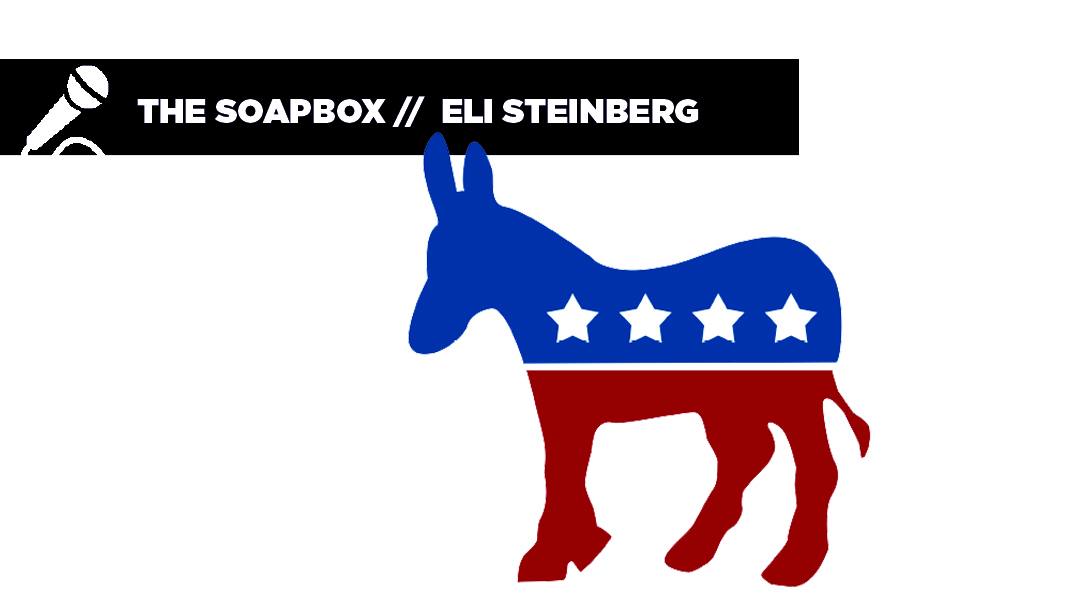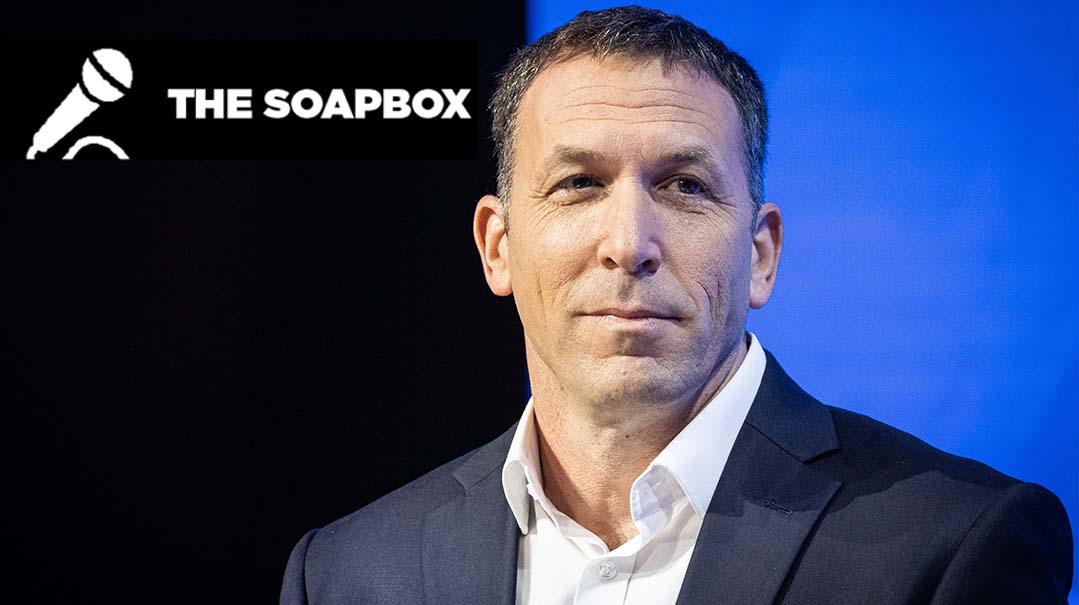How Democrats Can Earn Our Support
| June 15, 2021If New Jersey is a precedent, there’s a conversation to be had about how both sides of the aisle need to earn our votes

We seem to be engaged in an endless discussion about how a large part of America’s chareidi community finds itself ideologically aligned with the right and in the political wilderness. But if New Jersey is a precedent, there’s a conversation to be had about how both sides of the aisle need to earn our votes.
Our communities are, for the most part, concentrated in New York and New Jersey which are solidly “blue” or Democratic states. Democrats hold all the statewide elected positions; in New Jersey, there are a million more registered Democrats than Republicans; in New York, Democrats outnumber Republicans by more than two to one.
At the same time, the chareidi community is increasingly comfortable on the political right. The recent Pew Research Center survey of American Jews gave us a number for this: 75% of Orthodox Jews say they are Republicans, up from 57% a decade ago.
But as we gravitate to the right — and for good reason, since so much of the left-wing agenda runs counter to what we believe — we need to recognize what sort of position this puts us in politically as well.
In places like New York City, that leaves the community with a dearth of good options. Outgoing mayor Bill de Blasio, for example, won his two election victories by 40% and 50% over his Republican challengers. It is abundantly clear that the Democratic primary is the only place to play if you want to have an impact at all.
But in New Jersey, where the margins are slimmer, there is another conversation to be had about whom we choose to support.
In his first term, New Jersey governor Phil Murphy has written a roadmap for how a Democrat can still earn our community support. He engages with our community, and on the most critical issues we’ve dealt with during his term, he departed strongly from New York’s Governor Cuomo. Murphy worked with us to help keep our yeshivos and shuls open through the second wave of Covid, using testing instead of heavy-handed enforcement.
Does this mean his positions on social issues are something we can live with? Of course not. But let’s not imagine that party identification is the ultimate arbiter of right and wrong on that front either. His opponent has done things like voting for assisted suicide and holding positions on social issues that we would not and should not feel comfortable with in any way.
Considering that, we should be able to consider supporting a candidate like Murphy. (Full disclosure — I will happily vote for him in November, and I think all our New Jersey readers should as well.) Because when you consider the question this way, the only reason why you would think to vote for his opponent is because of his party identification.
Which is itself meaningless.
It can’t be enough that someone is a Republican for him to earn our support. Yes, for the most part, we are Republicans — and we should be, as the left has alienated us entirely. But it is not the only thing that matters. We need to show everyone, Republicans included, that they need to — and can — earn our votes.
(Originally featured in Mishpacha, Issue 865)
Oops! We could not locate your form.













